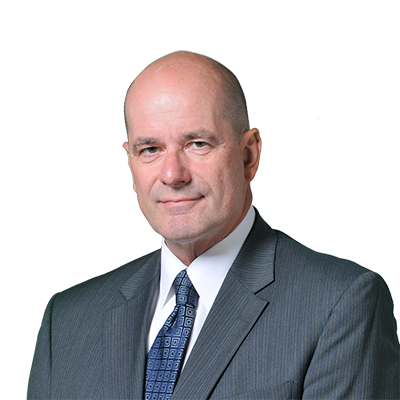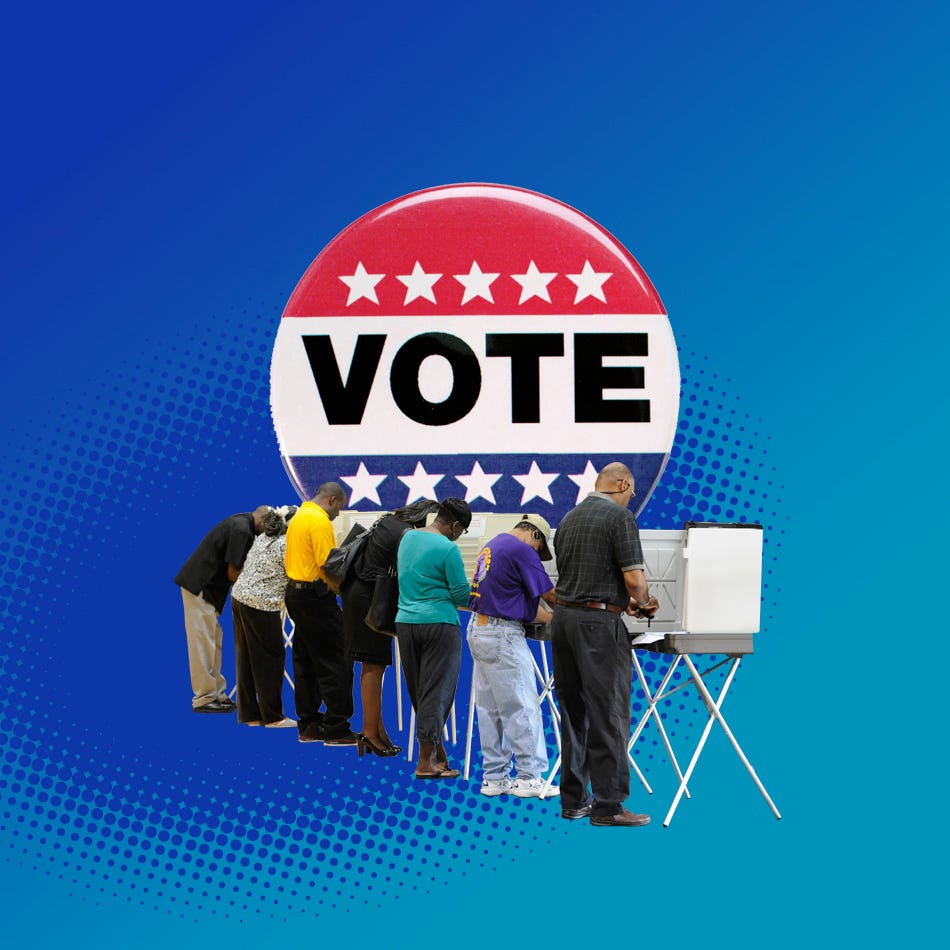Finley: Record spending fuels nasty campaigns
 Nolan Finley
Nolan FinleySpending on politics in Michigan this election cycle will likely top $200 million when all the dollars for all the races are tallied, making it one of the most, if not the most, expensive campaign seasons in Michigan history.

And much of that money — in some races half or more — went to pay for negative advertising.
"We won't know for sure until February when all of the reports are filed, but this could easily be a record year," says Craig Mauger, executive director of the Michigan Campaign Finance Network.
The governor's race alone was at $75 million in total spending as of a week ago, Mauger says. It could finish at above $80 million.
Down the ballot, 10 state Senate races cost more than $1 million each. And the numbers aren't known yet for the secretary of state and attorney general campaigns, which also attracted heavy contributions.
The three statewide proposals also pushed spending. Proposal 2, the redistricting initiative, alone raised $14 million in direct and in-kind donations.
The current high mark for spending was in 2012, which nearly hit the $200 million mark when more than $100 million was spent on a half-dozen ballot proposals and the $18 million on Supreme Court contests was added in.
This year, spending on federal races — the U.S. Senate and House — exploded, and should push Michigan to the new high water mark.
The Senate race between John James and incumbent Sen. Debbie Stabenow will likely top $15 million — a pittance in comparison to the obscene levels of cash dumped into the 8th and 11th Congressional Districts.
In the 8th, incumbent Rep. Mike Bishop faced a mountain of money raised by his Democratic challenger, newcomer Elissa Slotkin. That race already has passed the previous record of $14 million spent on a Michigan congressional seat, and could finish at $20 million or higher.
Slotkin was aided by big donations from deep pocketed national Democratic donors, including billionaires Mike Bloomberg and Tom Steyer.
In the 11th District, where spending is expected to exceed $14 million, Democrats were also very good to Haley Stevens in her bid to fill the seat of retiring Republican Rep. Dave Trott. In one seven-day period last month, Mauger says, that contest drew more donations than any other congressional race in the country.
Mauger sees a connection between the huge amount of money coming from outsiders and the nastiness of this year's campaigns.
"Campaign pieces paid for by the candidates themselves are for the most part positive," he says. "They address the candidate's family, positions on issues, etc.
"But the pieces that came from outside groups are overwhelmingly negative."
In the congressional contests, his rough estimate is that half the money comes from political action committees that don't have to disclose their donors.
"A lot of the nastiest attacks are paid for with dark money," he says. "You can’t figure out who to complain about it to."
Dave Dulio, a political science professor at Oakland University, agrees that the vast amount of campaign cash has enabled the awful tone of today's campaigns.
"The interaction between money and attack ads is real," Dulio says. "More money allows more incivility to appear in the form of attack ads and nastiness on the airwaves.”
So there's the answer to why this political season turned so ugly. Mega millions in campaign cash can buy a whole lot of mean.
nfinley@detroitnews.com